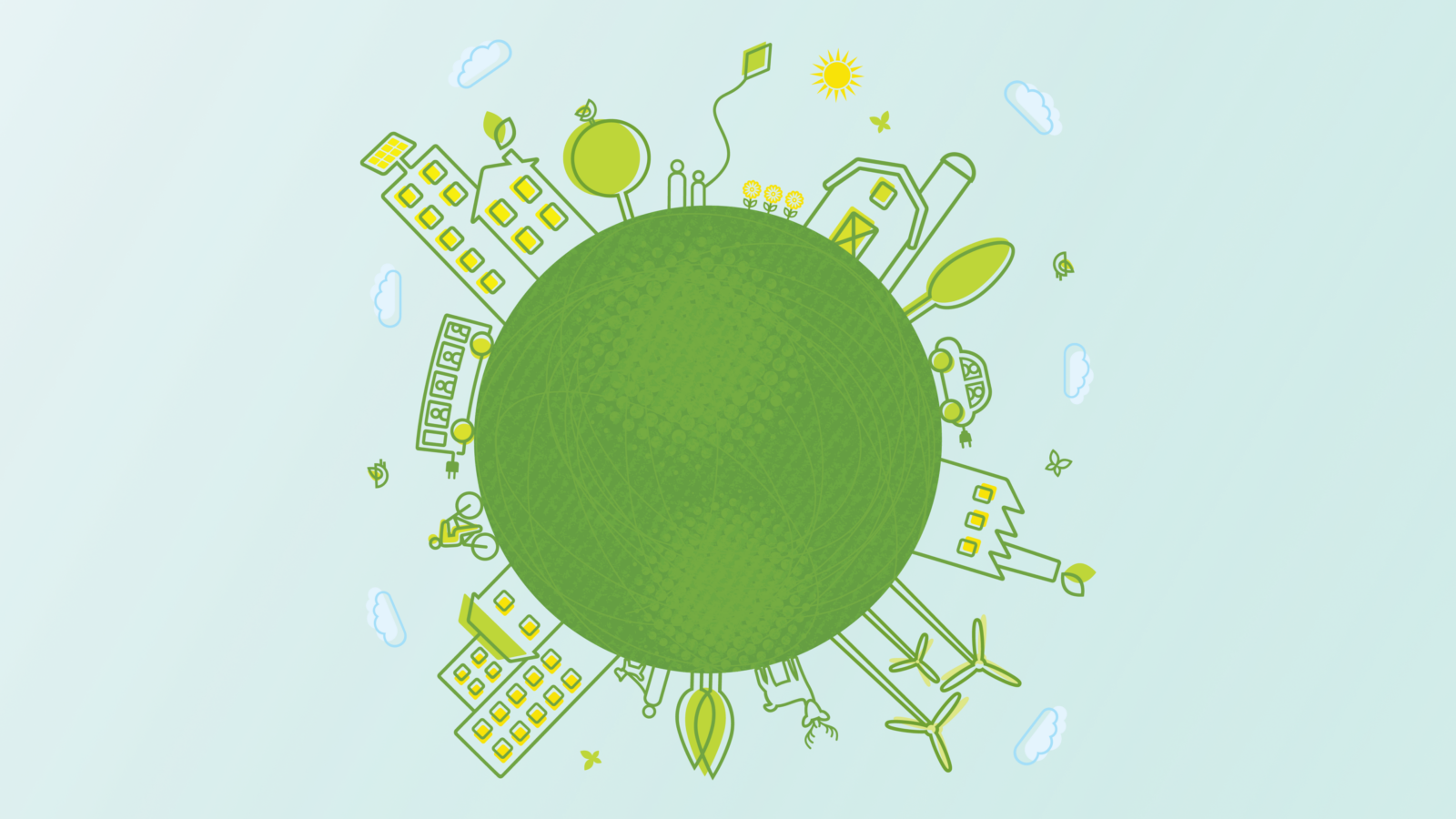The world is facing multiple crises, and if we’re going to make meaningful progress on them, we’re going to have to make sustainability a priority at every level.
Let’s start with the planet. Yes, climate change is steadily getting worse, with the last eight years being the hottest on record. In May the World Meteorological Organization warned that by 2027 the planet will likely breach the 1.5 degree climate threshold, considered by experts to be a critical tipping point.
Then there’s the fragility of our systems and institutions. The pandemic exposed widening health inequalities and glaring inadequacies in our public health system. In the world of work, employees — and their managers — remain in the grip of an epidemic of stress and burnout.
What do these crises have in common? On their current trajectories, they’re all unsustainable. To shine a light on human sustainability and how we can use it to maximize the long-term, collective well-being of individuals, organizations, climate and society we’re excited to announce that Jen will be serving as the editor-at-large for Thrive and Deloitte’s new Human Sustainability Hub.
The connection between human sustainability and the sustainability of the planet is very real. As the science shows, the planet works according to certain laws, and so do humans. When we’re depleted, burned out and under chronic stress, we’re in fight-or-flight mode and focused on short-term survival. That’s not how we maximize our potential for long-term, optimal decision-making. When we’re in fight-or-flight mode we’re not able to tap into our capacity for trust and empathy, both of which are critical elements in working together and taking collective action. As Jen says in her new TEDx Talk, “If you’re burned out, your perspective of what good looks like is out of focus.” And right now we need the most clear-eyed perspective available to us.
One of those challenges is continuing to redefine how we work. During the pandemic, the issues of stress, burnout and employee well-being moved to the center of our conversation at work. This had been slowly happening for years, but the pandemic accelerated it. Suddenly, we could see in stark relief just how unsustainable our burnout-driven way of living and working is.
Now we have the opportunity to create a way of living and working built on human sustainability. And more and more companies are recognizing the value of broadening how they think about sustainability. According to a recent Deloitte Well-being at Work survey, 89% of executives say their company is progressing on human sustainability in some way. This is encouraging, but there’s a big caveat: the same survey showed that only 41% of employees agree with those executives. Even more alarming was Gallup’s recent State of the Workplace 2023 report, which found that only 23% of employees globally are engaged in their work, with 59% not engaged and 18% actively disengaged. So clearly there’s more work to be done.
The same is true in healthcare, where 75% of all healthcare spending in the U.S. is for the treatment of chronic conditions. A healthcare system based on human sustainability would focus upstream on the root causes of chronic diseases, and help people adopt healthier daily behaviors — in sleep, food, movement, stress management and connection — that could prevent or better manage chronic conditions.
Then, there is the rapid development of generative AI. Ultimately AI, like all technology, is a tool. We as humans can and must decide how we’re going to use it, and to what end. AI can advance the cause of human sustainability by putting people at the center, or it can dilute and diminish the uniquely human qualities of empathy, creativity and wisdom — it’s up to us.
To begin, we need to connect the dots. Personal sustainability is connected to sustainability at every level — our lives, in our organizations, our planet. We all have a role to play. And that’s what the Human Sustainability Hub will be about — connecting those dots and showing tangible ways in which we can create a more sustainable world, starting with ourselves.



